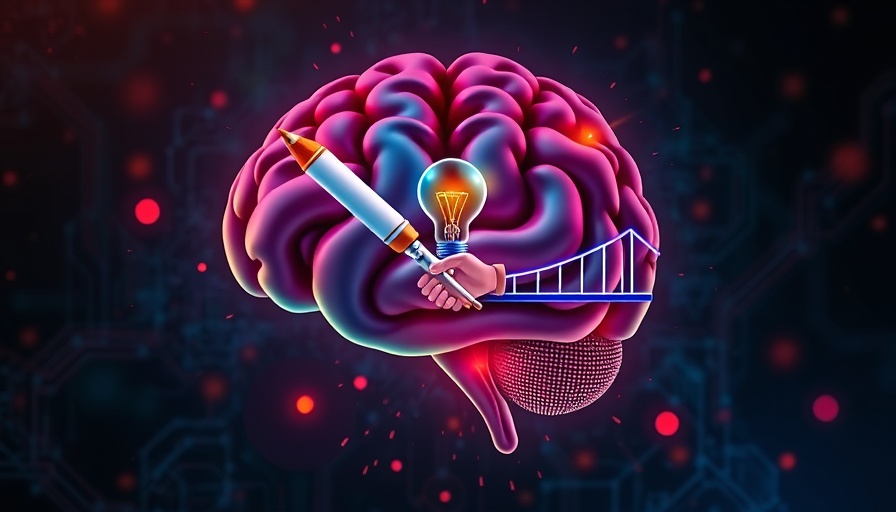
Understanding the 4Cs: Key Strategies for Humanity in AI
As artificial intelligence (AI) continues to reshape our world, understanding how to navigate its complexities becomes crucial—especially for those in urban centers where policy and technology intersect. The '4Cs'—Creativity, Critical Thinking, Collaboration, and Communication—emerge as essential competencies that will not only enhance human capabilities but also ensure that we maintain our humanity in a rapidly evolving landscape.
The Essence of Creativity in an AI-Driven Age
In a world increasingly dominated by algorithms, creativity stands as one of the last bastions of human uniqueness. Automated systems can process data and mimic creative styles but lack the emotional intelligence and intuition that define true creativity. For individuals and organizations aiming to thrive, fostering a culture of innovation that encourages original thinking and artistic expression becomes paramount. Creativity feeds resilience, allowing society to adapt to the rapid changes brought on by AI.
The Critical Role of Critical Thinking
As AI permeates various domains—education, governance, and the workforce—critical thinking skills are necessary for discerning the ethical implications of these technologies. Beyond merely accepting information at face value, critical thinkers can challenge and analyze arguments concerning AI’s societal impact, especially regarding job automation and inequality. Investing time in teaching these skills ensures that future generations will not only consume technology but assess its far-reaching consequences.
Collaboration: The Human Touch in AI
While algorithms can streamline processes, they also risk isolating individuals from collaborative experiences that grow competencies like empathy and leadership. Collaboration is where humans excel over machines. Developing multidisciplinary teams encourages the blending of tech expertise with social insight, which is essential in addressing pressing social issues—such as the impact of AI on human rights and governance. Interpersonal dynamics fuel problem-solving, leading to innovative solutions that algorithms alone cannot achieve.
The Importance of Communication in an AI World
AI is fundamentally transforming communication channels. Clear and effective communication begins with understanding the nuanced implications of new technologies. By equipping individuals with robust communication skills, particularly in contexts related to AI ethics, society can foster inclusive dialogues about the cultural and social changes driven by AI. We must advocate for transparency and ethical considerations, ensuring diverse voices are part of the conversation.
Conclusion: Embracing the 4Cs for a Harmonious Future
The 4Cs offer a powerful framework for emerging successfully in a world where AI directly contends with human capabilities. By nurturing these skills, we can ensure that technological advancements serve to enhance rather than replace the human experience. The choices made today in education, policy, and societal engagement will shape the landscape of tomorrow. As we move forward, embracing the 4Cs now will help bridge the gap between an AI-rich world and our intrinsic human values.
 Add Row
Add Row  Add
Add 




 Add Row
Add Row  Add
Add 



Write A Comment